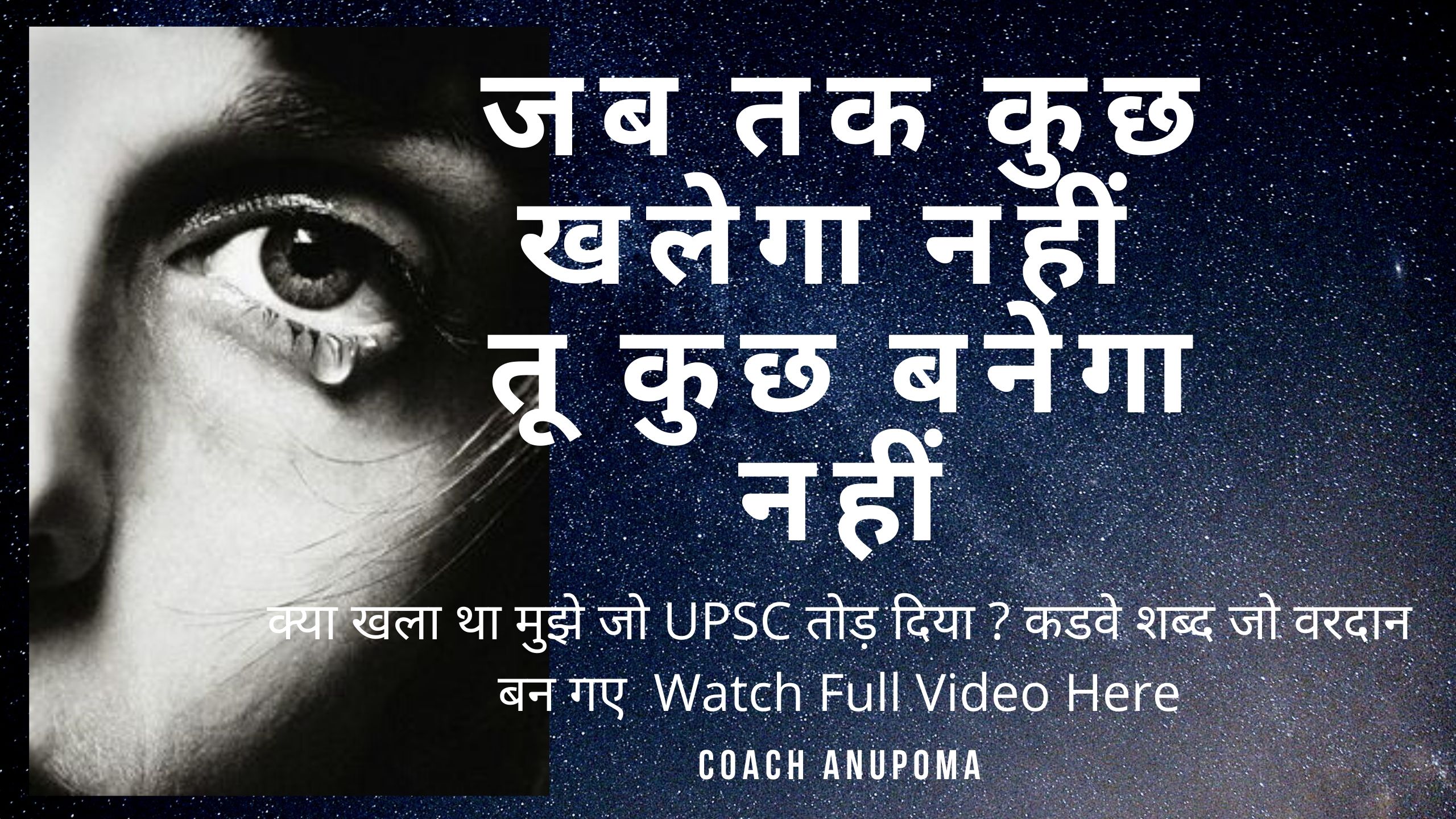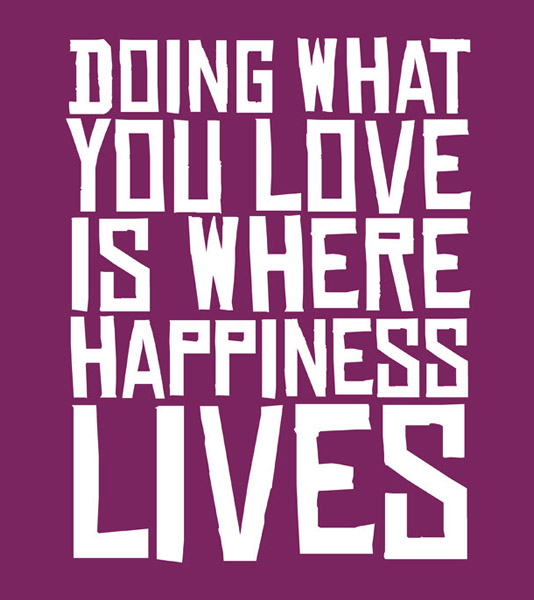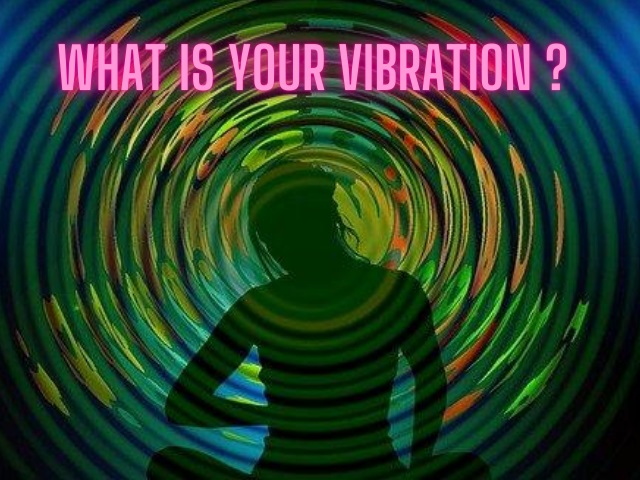Instant Gratification and happiness are two opposite poles! We will see why? Most of us these nowadays treat every life experience like that of a 2 minute instant noodles.
What is instant gratification? Instant gratification is the desire to experience pleasure or fulfilment without delay or deferment. Basically, it’s what you want ; and you want it NOW.

An idea, a desire strikes us and what do we do? We immediately want it fulfilled. Whether it is an object or an experience we want it Right Away! In fact we are willing to spend more (it’s the easiest) to get what we want Right now Right here.
We are becoming so impulsive and impatient. We go for an online shopping portal which can deliver on the same day; we go for services which are instant. We like a product we want to buy it right away, we want to for a holiday we want to do it right away. The emergence of the digital revolution especially the mobile phone with all its messaging apps and platforms like Facebook has only worsened the situation.

We send a message out let’s say on WhatsApp and then what happens. Ever tried observing? The message has just been sent and we start waiting that tick mark to be blue and if it takes time we are NOT ok with it! We either start cursing the recipient why she does not keep watching her phone every few minutes or we start thinking that the person is deliberately ignoring us. In both situations we begin to feel miserable.

And our misery keeps going up as we overthink the delay. At times this spiral of negativity born out of impatience becomes so big that we actually harm ourselves by rash acts the worst being suicide. It happens! And needless to say that such compulsive need for instant gratification is really damaging for our happiness.
Paul Roberts writes in his book, The Impulse Society, that “our entire consumer culture has elevated immediate gratification to life’s primary goal.” This has resulted in more unhappy individuals than ever before.
Let us take a look at what science says about Instant Gratification. I am quoting a few experiments to bring about the impact of instant gratification and delayed gratification.
In an experiment conducted in Stanford University researcher Walter Mischel used marshmallows with 4-year-olds in the 1960s and ‘70s. In this study, a child was offered a choice between one small reward provided immediately or two small rewards if they waited for a short period, approximately 15 minutes, during which the tester left the room and then returned. (The reward was sometimes a marshmallow, but often a cookie or a pretzel.) In follow-up studies, the researchers found that children who were able to wait longer for the preferred rewards tended to have better life outcomes, as measured by SAT scores, educational attainment, body mass index and other life measures.

Those who lack this ability tend to adopt a range of pleasure-oriented habits, known as impulsiveness. People who have poor impulse control tend to overeat, drink too much alcohol, gamble excessively, or take drugs. Many of these people probably don’t understand the root of their problem: They lack the ability to delay gratification, and instead prefer to seize upon it immediately in a habituated, almost automatic response, which stops them from reaching their full potential.
In some more studies it has been proven that the anticipation of an object or experience gives more pleasure than gratifying that desire. And in case of instant gratification the immediate pleasure is the driving force rather than the object or experience being craved for.
In an experiment Professor Marsha Richins, University of Missouri, studied the concept “When wanting is better that having,” Richins found, “Positive emotions were strongest before the purchase was made, as respondents thought about acquiring and using the product. This hedonic elevation was more pronounced for higher-cost goods.” In simple English, people were happier as they anticipated a purchase, with their happiness levels declining during and after the purchase were made.
In another experiment Jeroen Nawijn postulated “Happiness is…looking forward to your vacation.” People’s vacation happiness peaks during the eight-week period before their holiday experience rather than afterwards.

In other words Instant gratification can be compared to drug addiction, you feel the craving for something and if you don’t get it you feel restless and miserable, you want it right away and once you get it you feel good but only till the effect of drug lasts. And it’s not long before you start feeling withdrawal again and the cycle starts again. The dopamine kick you got from acquiring something instantly fizzles out pretty fast and then you are back to square one.
Overtime giving into to impulses has very detrimental impact on our happiness. 10 adverse impacts of instant gratification on Happiness are:
- Increasing impatience: As is obvious when everything is immediately available we tend to lose our ability to be patient and it becomes apparent in every aspect of our life. We go to eat out and if takes bit too long we ruin our whole dining out experience by fuming and fretting over the delay, same with tailor or car delivery and so on.
- Inability to take no for an answer: This is a huge negative impact. If somebody does not reply our message it’s a problem, if we don’t get likes on Facebook it’s a problem, if somebody says I am busy let’s plan the outing tomorrow it drives us crazy and if somebody says no to having a relationship with you, it devastates you because we need an immediate cure for that no. Even a temporary pain is no longer tolerable.
- Losing the ability to savour: Since the focus is entirely on instant and much less on gratification we are running after something which by definition will not last. And worse still we are trying to find happiness through it. And this is one of the biggest reasons why happiness is becoming more and more elusive.
- Defining your worth by your ability to instantly fulfil your desires: As we get into the spiral of instant gratification we begin to measure our success by how quickly we can fulfil our desires, it may be a house, a car, a vacation whatever. Anybody who cannot afford it right away hasn’t arrived!
- Easier to lose temper and indulge in rage driven behaviour: As our ability to wait goes down our propensity to get angry goes up. If in the past it took us few hours to get angry over non delivery of a product, it now takes only two minutes, if we don’t find that the guard opens the gate tour office immediately we fly into a rage, or if the shopkeeper doesn’t attend to us right away it makes us mad and that is why so many road rage incidents happens. We feel we have been wronged and want immediate retribution even if it means taking the law in our hands. We no longer think long term consequences it’s now, now, now!
- Becoming too individualistic: The focus is entirely on me and my needs that too right now. We are becoming so individualistic that we are forgetting that we belong to a whole and the impact we are having on society in general by creating a whole generation of people who don’t care about anything beyond themselves.
- Getting isolated: As we become oriented to Right Now culture we have no time for friends and relationships. We do not want to invest in social circles as it is too slow a process. Instead we just try to fulfil our social needs through platforms like Facebook and Instagram. Where once again it’s instant and very often without any meaning or substance.
- Becoming vulnerable to manipulation by advertising & marketing: The only group which I feel has immensely benefited from Instant Gratification are the marketing guys. They play on this addiction of yours to make you buy stuff they want you to buy. By promise of same day delivery you are buying useless stuff. They entice you by promising to fulfil the craving, a dose of drug is given then you are hooked and so the consumer culture keeps growing. One short term thrill after another.
- Losing resilience: As our basic virtues like patience, waiting, ability to control impulses get compromised we end up losing resilience that is our ability to bounce back in life. We suffer depression and other disorders more often.
- Losing the ability for creative and critical thinking, getting distracted easily: When we have no inclination to wait and let an idea grow we gradually lose our ability to do in depth and creative thinking. There is no incubation period anymore, we can’t pay attention for too long and we have become slaves of our need for immediate gratification.
Professor of English Harold Schweizer says, “Waiting gives people time for thinking, inspiration and regeneration. It also adds value to objects and experiences.”

I think it’s time we realized the virtue of delayed gratification in our own lives and in the lives of our kids. And to inculcate delayed fulfilment we must do the following two things:
- Have a digital detox time every day.
- Make a conscious effort to keep a time lag between desire and gratification, enjoy the anticipation.
Once our kids see us doing so they too will learn this skill essential for happiness.
You may also like What really makes us happy?
What Wealth does for happiness?
Please comment and share.










